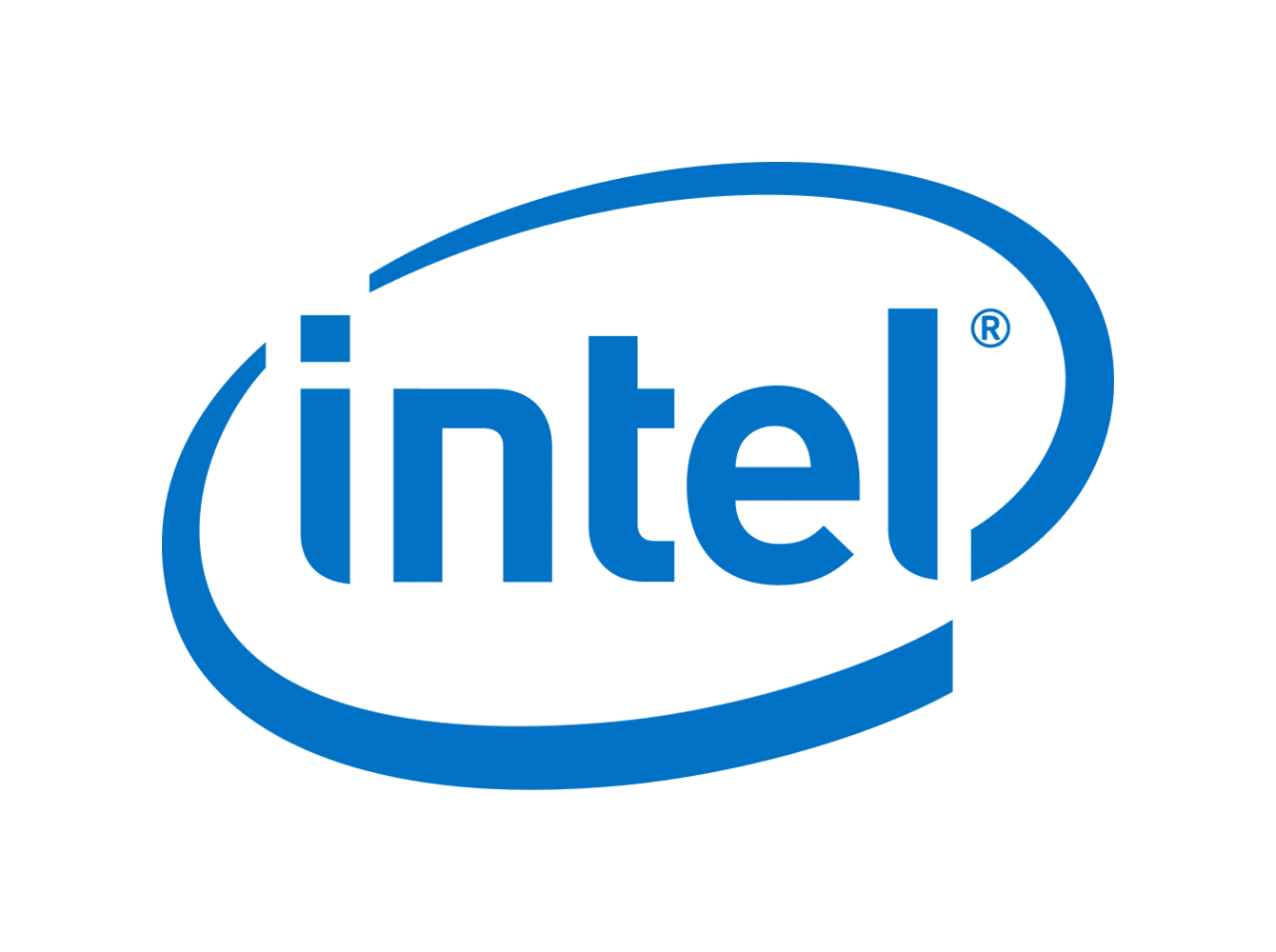https://www.msi.com/Motherboard/PRO-H610M-E/Overview
My motherboard is this one. I have a 12400f right now. Just wanted to know if 12400f is the best cpu that this motherboard can handle.
That’s definitely a concern without VRM cooling if used for prolonged heavy utilization. It really depends on what the use will be for. For example, if using heavy multi-core workloads, a 65W CPU is strongly recommended for that VRM. Just curious where you are seeing it struggle with the 12400F? It’s difficult in the market right now with the new Core Ultra details in December, and the remainder of the 14th Gen coming out after the New Year. For long term safe VRM, a 13500 would be a safe solution, which im sure the 14500 will have too, however if not using heavy CPU workloads, the 13600k will work fine as long as good case and CPU cooling, and using the Balanced Power plan (not high performance) if using Windows. Depending on GPU if gaming, 15 to 20 FPS improvement and 1.8x overall multi-core with a 13500. With a 13600k(f) +~ 30fps and 2x faster multi-core performance. I would not go with a 12600k as the 13500 is a far more efficient CPU. The boost power of a 13600k(f) will be throttled by the VRM(heat), but according to MSI, it is compatible with much higher CPUs. If doing heavy workloads for prolonged periods of time, 13500 or 14500(when released). If not heavy core workloads, 13600k(f) with balanced windows power plan, and no stress testing or benchmarks.
13600k exceeds the boost power limit by 30 watts. If I installed a heatsink would this still cause performance issues?
but according to MSI, it is compatible with much higher CPUs. If doing heavy workloads for prolonged periods of time, 13500 or 14500(when released). I
Yes, you’ll be ok with a good tower cooler for the cpu as well (unless you’re using an AIO already). I’m using the thermalright assassin king SE and it’s been amazing. Yes just make sure to limit the PL2 in bios and it will work amazing. I strongly recommend using the balanced windows power plan so the cpu frequencies will be dynamic and adjust itself according to usage. The max performance plan keeps all cores on base frequency and doesn’t allow them to go down dynamically, and will require much more power all the time. You’re in good shape with what you have. Of course, at any time you could install heatsink(s) to the VRMs independently with some strong thermal adhesive if really concerned. Congrats on your upgrade it will be a major uptick in performance.
Ok, thanks. I wanted to know if I could upgrade to a better cpu without replacing the motherboard.
https://www.msi.com/Motherboard/PRO-H610M-E/support#cpu
Any of those chips should work in the board, however do note you’ll only be able to run them at stock clocks, so there’s no point buying any K chips.
You can always upgrade to a better CPU. If you have bad VRMs you might get throttling if you try to do sustained all core loads, but usually that isn’t too much of a real world problem outside of workstation/rendering/scientific type applications.
It looks like one of the most barebone VRMs on a motherboard I’ve ever seen. I highly doubt it would adequately power any CPU that’s a worthwhile upgrade from a 12400f (13600K, 14600K, etc.).
You’ll be able to handle any non-K CPU as long as you keep it set to 65W in bios (maybe 90 at max)
So if I install a vrm heatsink this thing should work with a 13500 or 12600k without too much throttling right?
It can handle anything within specs.
Top down coolers like the axp120-x67, nh-c14s, big shuriken etc definitely help cool the vrms fwiw. You could also get some cheap heatsinks with thermal pads to stick on the vrm, just make sure it doesn’t block cooler clearance.
No.

